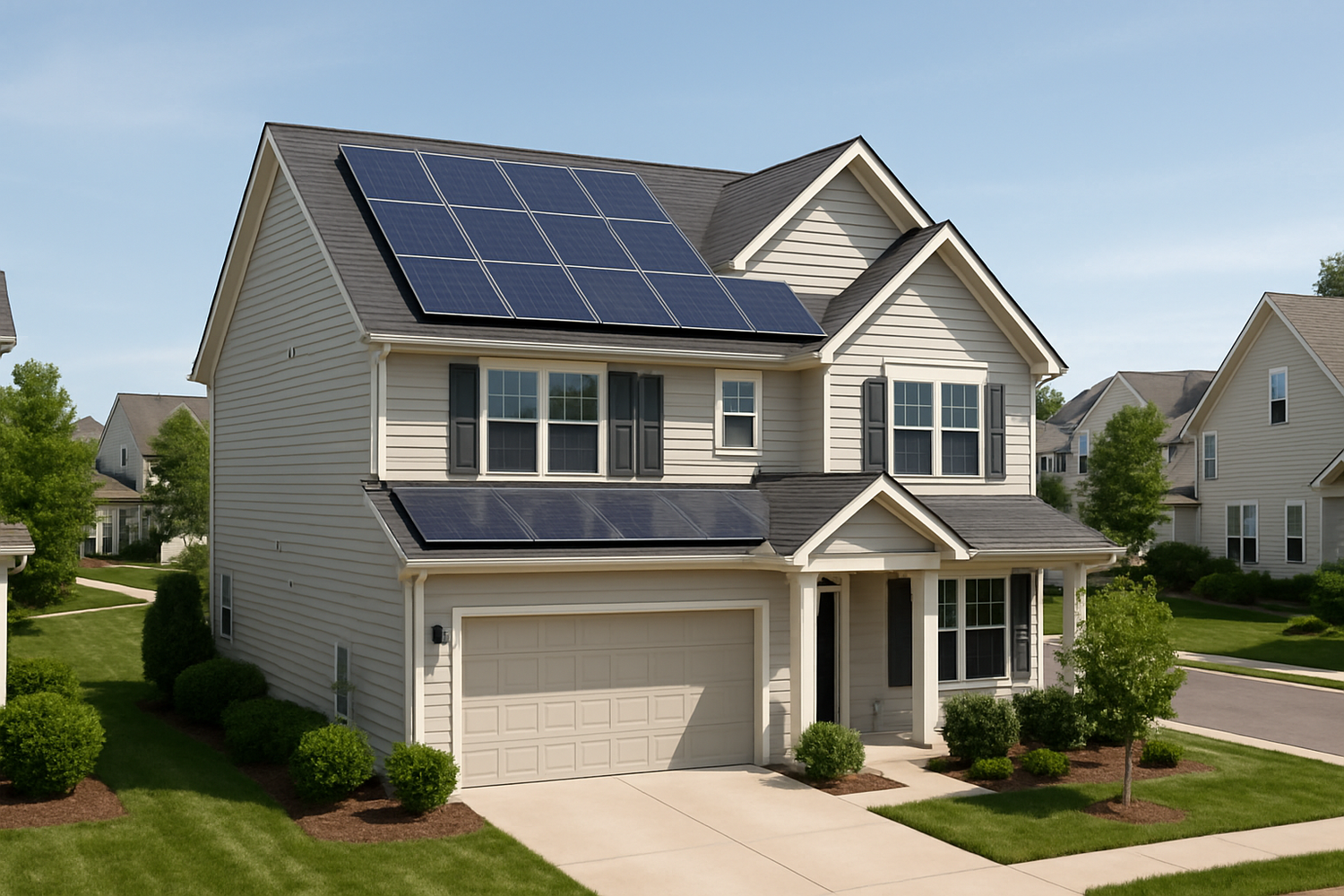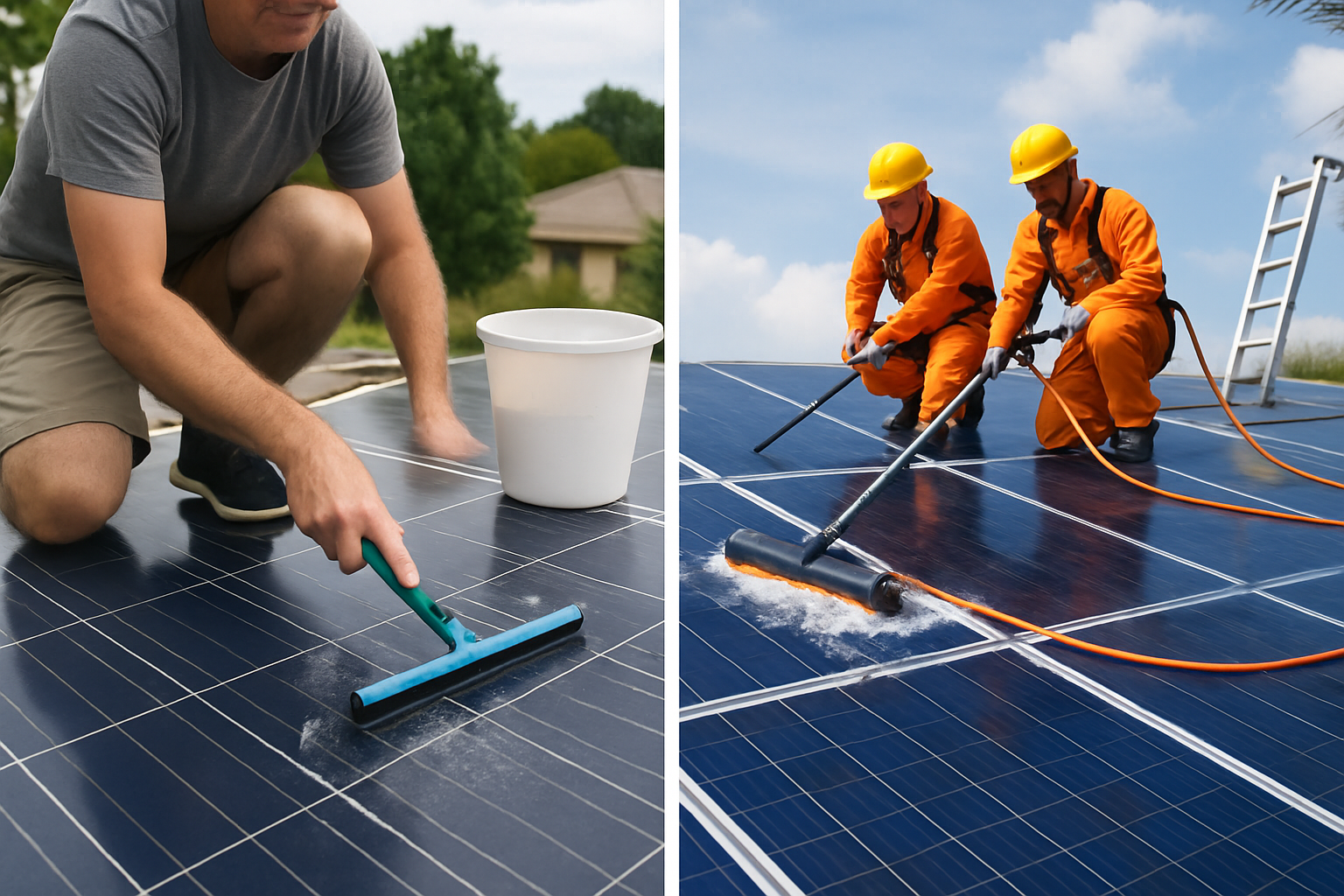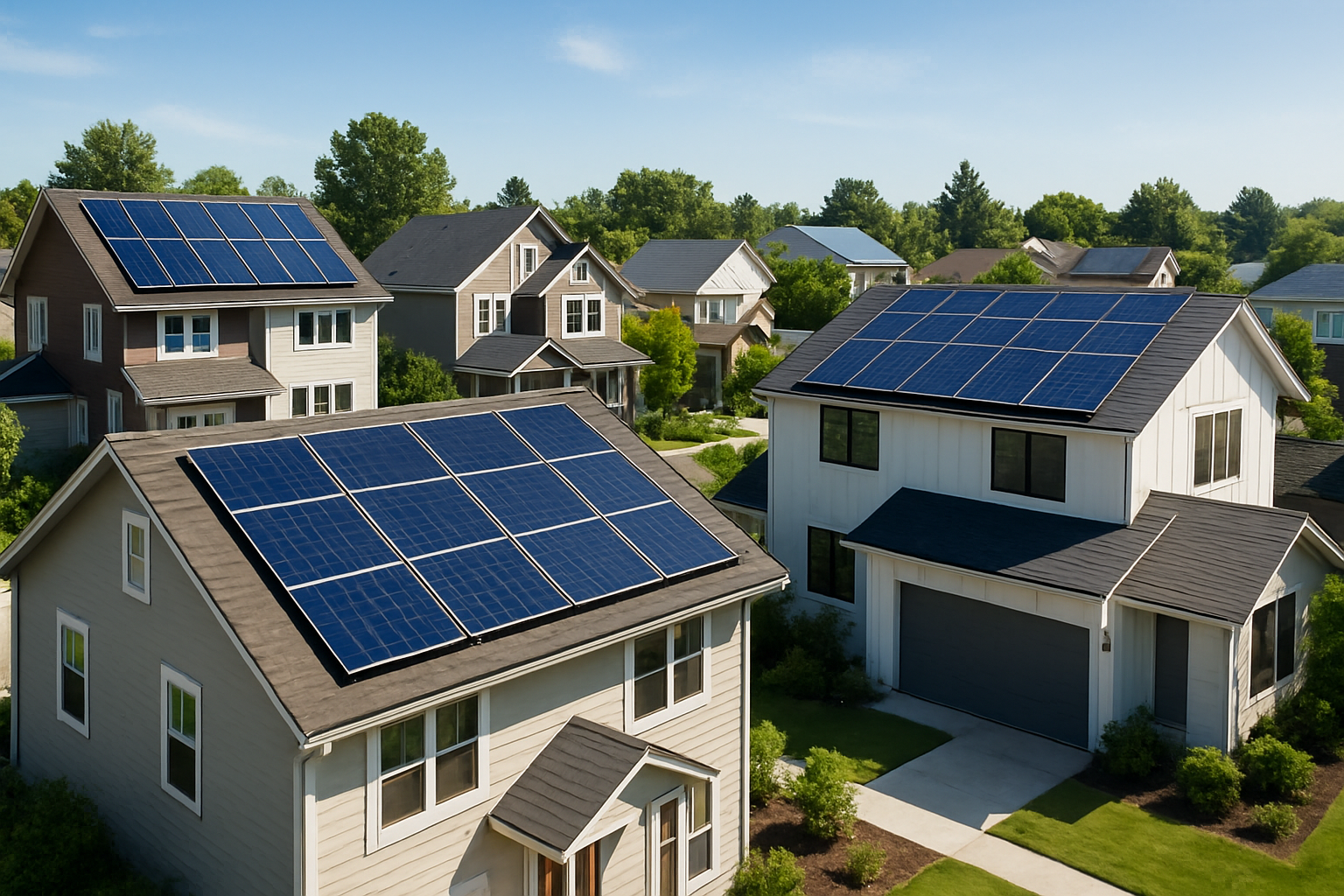Installing solar panels can be one of the best investments you'll make for your home, but navigating homeowner association regulations often creates confusion and frustration. Many homeowners face unexpected hurdles when dealing with HOA solar restrictions, leading to delays and additional costs.
Understanding your rights and the legal landscape surrounding solar installations in HOA communities is crucial for a smooth process. This comprehensive guide addresses the most common concerns homeowners face when considering solar energy systems in communities with homeowner associations.

Understanding HOA Solar Regulations and Your Rights
The relationship between homeowner associations and solar installations has evolved significantly over the past decade. Federal and state legislation increasingly protects homeowners' rights to install solar energy systems, even in communities with restrictive covenants.
Federal Solar Rights Protection
The Federal Trade Commission has established guidelines that limit HOAs' ability to completely prohibit solar installations. These protections stem from national energy policy objectives and environmental concerns. *According to the U.S. Department of Energy, solar installations have grown by over 20% annually in recent years*, making regulatory clarity essential.
Most states have enacted "solar rights" laws that supersede HOA restrictions. These laws typically allow HOAs to establish reasonable guidelines regarding placement, design, and installation methods, but cannot outright ban solar systems that meet specific criteria.
State-Level Solar Access Laws
Solar access laws vary significantly by state, but common protections include:
- Right to install solar panels on your property
- Restrictions on unreasonable HOA delays
- Limitations on aesthetic requirements that make installations cost-prohibitive
- Protection against discriminatory enforcement
Top 10 HOA Solar Questions and Expert Answers
1. Can My HOA Completely Prohibit Solar Panel Installation?
In most states, HOAs cannot completely ban solar installations. However, they can establish reasonable restrictions regarding placement, appearance, and installation methods. The key word is "reasonable" – restrictions that make solar installation economically unfeasible or technically impossible may violate state solar rights laws.
Your HOA can require architectural approval and may specify preferred locations for panels, such as rear-facing roof sections or areas less visible from the street. They cannot require you to place panels in locations that significantly reduce energy production.
2. What Documentation Do I Need for HOA Approval?
Most HOAs require comprehensive documentation before approving solar installations:
- Detailed installation plans and system specifications
- Professional engineering assessments
- Contractor licensing and insurance verification
- Visual impact studies or renderings
- Compliance certificates for local building codes
Preparing thorough documentation upfront can significantly reduce approval timeframes and demonstrate your commitment to professional installation standards.
3. How Long Does HOA Solar Approval Take?
Approval timeframes vary widely, but most states require HOAs to respond within 30-60 days of receiving complete applications. Some states have implemented "deemed approved" provisions, meaning applications are automatically approved if the HOA fails to respond within specified timeframes.
The approval process typically moves faster when you submit complete documentation and work with experienced solar contractors familiar with local HOA requirements.
4. Can HOAs Charge Fees for Solar Applications?
Many HOAs charge application or review fees for solar installations, typically ranging from $100 to $500. These fees must be reasonable and related to actual review costs. Excessive fees that appear designed to discourage solar installations may violate state solar rights laws.
Some states specifically limit or prohibit HOA fees for solar applications, recognizing that such fees can create barriers to renewable energy adoption.
5. What Aesthetic Requirements Can HOAs Impose?
HOAs can establish reasonable aesthetic guidelines, but these cannot make installations cost-prohibitive or significantly reduce system efficiency. Common acceptable requirements include:
- Color matching requirements for panels and mounting hardware
- Screening requirements for ground-mounted systems
- Limitations on visible conduit and equipment placement
- Requirements for professional installation and maintenance
Requirements that specify particular brands or technologies, or that require custom equipment significantly more expensive than standard options, may be legally challengeable.
6. Can I Install Battery Storage Systems Under HOA Rules?
Energy storage systems often face additional scrutiny from HOAs, particularly regarding safety and aesthetic concerns. Modern lithium battery systems, such as LiFePO4 technology, offer enhanced safety profiles that address many traditional HOA concerns about battery installations.
Many integrated energy storage solutions combine solar panels, inverters, and battery systems in streamlined packages that minimize visual impact while maximizing energy independence. These complete systems often receive more favorable HOA consideration than piecemeal installations.
7. What Happens If My HOA Denies My Solar Application?
If your HOA denies your solar application, you have several options:
- Request detailed written reasons for the denial
- Revise your application to address specific concerns
- Appeal the decision through HOA internal processes
- Seek mediation or legal consultation if denial appears to violate solar rights laws
Many denials result from incomplete applications or concerns that can be addressed through design modifications or additional documentation.
8. Do I Need Special Insurance for Solar Installations in HOA Communities?
Most HOAs require proof of adequate insurance coverage for solar installations. Your homeowner's insurance typically covers solar panels as part of your dwelling coverage, but you should verify coverage amounts and any specific requirements.
Professional solar contractors carry liability insurance that protects against installation-related damages. Ensure your contractor provides certificates of insurance that meet your HOA's requirements.
9. Can HOAs Restrict Solar Panel Maintenance and Repairs?
HOAs cannot unreasonably restrict necessary maintenance and repairs for solar systems. However, they may require advance notification for major maintenance work or equipment replacement that affects the system's appearance.
Regular cleaning and minor maintenance typically don't require HOA approval, but significant modifications or equipment upgrades may need architectural review similar to the original installation.
10. What About Selling My Home with Solar Panels in an HOA Community?
Properly installed and HOA-approved solar systems typically increase property values and attract environmentally conscious buyers. *Research from the Department of Energy indicates that homes with solar installations sell faster and for higher prices than comparable homes without solar systems*.
Ensure all HOA approvals and permits are properly documented and transferable to future owners. This documentation becomes part of your home's permanent records and can streamline future sales processes.
Strategies for Successful HOA Solar Approval
Working Collaboratively with Your HOA
Approaching your HOA as a collaborative partner rather than an adversary often yields better results. Many HOA board members lack technical knowledge about modern solar systems and may have outdated concerns about appearance or safety.
Consider presenting information about modern solar technology, including low-profile mounting systems and integrated designs that minimize visual impact. Highlight the environmental benefits and potential positive impact on community property values.
Choosing the Right Solar Technology
Selecting appropriate solar technology can significantly impact HOA approval prospects. Modern integrated systems that combine solar panels, energy storage, and power management in aesthetically pleasing packages often receive more favorable consideration.
Off-grid solar solutions and hybrid systems with battery storage provide energy independence while addressing HOA concerns about grid-tie requirements and utility interconnection equipment visibility.
| System Type | HOA Approval Likelihood | Key Benefits | Common Concerns |
|---|---|---|---|
| Roof-mounted panels | High | Minimal ground impact | Roof penetrations |
| Ground-mounted systems | Medium | Easy maintenance | Visual impact |
| Integrated storage systems | Medium-High | Energy independence | Equipment visibility |
| Building-integrated PV | High | Seamless appearance | Higher costs |
Legal Considerations and Professional Support
Understanding the legal landscape surrounding solar installations in HOA communities requires careful consideration of federal, state, and local regulations. Solar rights laws continue evolving, with many states strengthening protections for homeowners seeking renewable energy installations.
Working with experienced solar contractors who understand local HOA requirements can streamline the approval process and help avoid common pitfalls. These professionals often have established relationships with local HOAs and understand specific concerns and preferences.
*Disclaimer: This information is for educational purposes and does not constitute legal advice. Consult with qualified legal professionals for specific situations involving HOA disputes or solar rights issues.*
Moving Forward with Confidence
Installing solar energy systems in HOA communities requires careful planning, thorough documentation, and strategic approach to community relations. Understanding your rights under federal and state solar access laws provides a strong foundation for successful installations.
The growing acceptance of renewable energy technologies, combined with strengthening legal protections, creates an increasingly favorable environment for homeowners seeking energy independence. Modern solar and storage technologies offer solutions that address traditional HOA concerns while delivering significant environmental and economic benefits.
Success in navigating HOA solar regulations comes from preparation, professional support, and collaborative communication with your homeowner association. With proper planning and understanding of your rights, you can achieve your renewable energy goals while maintaining positive community relationships.





Leave a comment
All comments are moderated before being published.
This site is protected by hCaptcha and the hCaptcha Privacy Policy and Terms of Service apply.